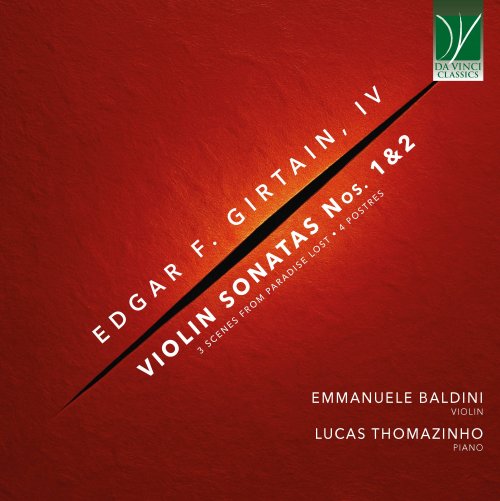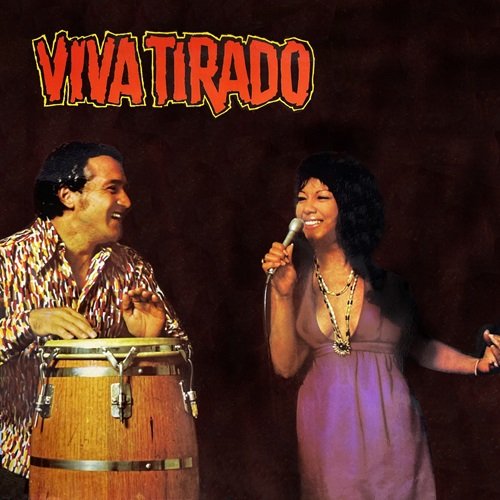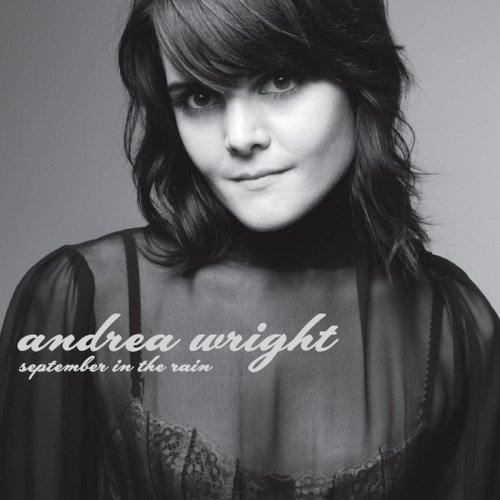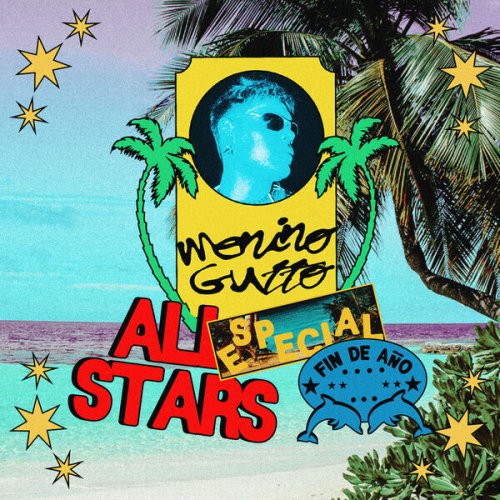Emmanuele Baldini, Lucas Thomazinho - Edgar F. Girtain, IV: Violin Sonatas Nos. 1-3, Scenes from Paradise Lost, 4 Postres (2025) [Hi-Res]

Artist: Emmanuele Baldini, Lucas Thomazinho
Title: Edgar F. Girtain, IV: Violin Sonatas Nos. 1-3, Scenes from Paradise Lost, 4 Postres
Year Of Release: 2025
Label: Vinci Classics
Genre: Classical
Quality: flac lossless (tracks) / flac 24bits - 96.0kHz
Total Time: 01:11:43
Total Size: 366 mb / 1.11 gb
WebSite: Album Preview
TracklistTitle: Edgar F. Girtain, IV: Violin Sonatas Nos. 1-3, Scenes from Paradise Lost, 4 Postres
Year Of Release: 2025
Label: Vinci Classics
Genre: Classical
Quality: flac lossless (tracks) / flac 24bits - 96.0kHz
Total Time: 01:11:43
Total Size: 366 mb / 1.11 gb
WebSite: Album Preview
01. Violin Sonata No. 1: I. Allegro non troppo
02. Violin Sonata No. 1: II. Adagio doloroso
03. Violin Sonata No. 1: III. Allegro non troppo
04. Violin Sonata No. 1: IV. Allegro molto vivace
05. Violin Sonata No. 2: I. Prologue. Allegro con rubato
06. Violin Sonata No. 2: II. The Microscopic Ballet. Molto Allegro
07. Violin Sonata No. 2: III. horale Variations. Pesante
08. Violin Sonata No. 2: IV. Finale. Allegro con spirito
09. 3 Scenes from Paradise Lost: No. 1, Pandemonium Stirs
10. 3 Scenes from Paradise Lost: No. 2, Temptation in the Garden
11. 3 Scenes from Paradise Lost: No. 3, Expulsion from Paradise
12. 4 Postres: No. 1, Torta de tres leches
13. 4 Postres: No. 2, Waffle con helado
14. 4 Postres: No. 3, Crème Brûlée
15. 4 Postres: No. 4, Apple Pie à la Mode
“Edgar’s music feels deeply organic — alive, vibrant, and inspired. It speaks from the heart and the senses, from the primal urge that once led humans to sing, to dance, to express the inexpressible. As a performer, it’s music that’s both playful and profoundly engaging. His expressive and technical choices seem to tap into the instrument’s secret depths, with an ease and freshness that astonish. Through familiar sounds, he creates soundscapes that are intense, unexpected, and emotionally charged. His writing can be virtuosic, but never for show. The technique is always at the service of his poetic vision. As Jean Cocteau wrote, “The poet invents nothing, he discovers… he points to what others do not see.” Edgar is such a poet: he reveals subtle fragments of the world — or of imagined ones — in each piece. He navigates effortlessly between folk traditions and classical heritage, always retaining a voice unmistakably his own. Each work feels like an island in an imaginary archipelago, where wondrous and monstrous sound creatures appear, and where inner stories unfold.”
— Aurélien Sauer, Violist
“Having followed Edgar Girtain IV’s work over the years, it has been fascinating to witness the breadth of his musical evolution—from abstract choral textures to expansive forms such as cantatas. This new album reflects that wide-ranging musical language, offering a rich, multifaceted journey through piano and violin textures, color, and form. I can’t help but wonder about the creative process rooted in southern Chile that led to such a distinctive proposal—one that consciously distances itself from contemporary mainstream trends.”
— Felipe Pinto d’Aguiar, Composer and Professor, Universidad Austral de Chile
“Ranging from a kind of screenplay that homologates musical notes as dialogues among characters of a story, to flavors or ingredients of a delicious dessert, the present musical works of Girtain are an excellent example of how music represents—how it can bring something that is not, right next to the listener. Beyond the representation, and probably more important, in this album Girtain provides again some beautiful and compelling musical masterpieces.”
— Javier Silva-Zurita, Musicologist and Professor, Universidad de Los Lagos Puerto Montt
The music on this CD is the culmination of a network of collaborative relationships: of intertwining stories and historical moments; of the generosity of strangers; of the resilience and solidarity of artists committed to the beautiful and the real. It is a testament to inspiration through adversity—and to the strengthening power of love.
Emanuele and I first met, as if by providence, in 2018 at the Universidad Austral de Chile. He had come as an established virtuoso to direct the Chamber Orchestra of Valdivia. I was based at a satellite campus in Puerto Montt, 200 km to the south, having arrived in Chile years earlier as a volunteer. At the time, I was directing choirs and just beginning to accept my voice as a composer.
When our mutual colleague, Hingrid Kujawinski, shared my music with Emanuelle and he expressed interest in performing it, I was deeply flattered—and electrified by the possibility of composing for such an inspired and capable interpreter. Hearing him perform Bach’s second partita in the main auditorium at an anniversary concert, I was struck not only by his technical brilliance, but by the sensitivity and depth of his phrasing. That, and his generosity of spirit—his warmth, humility, and kindness.
So I began to listen to everything I could find of his, and to imagine, as a composer, what I might say through the violin in his hands.
When I wrote the first sonata for him in 2019, it was during the best of my years in Chile. For the first time in my life, I was financially stable and creatively free. My wife and I had just welcomed our first daughter, and we were purchasing our first home—a modest government-subsidized apartment in a working-class neighborhood. My music was being performed internationally, and I’d been accepted into a PhD program to study with David Felder, a personal musical hero.
That sense of arrival—of possibility and gratitude—echoes clearly to me in the First Sonata. It is a work of energy, optimism, and conviction. I was consciously asking myself: why write a sonata in G Major in the 21st century? What could I contribute to this tradition?
Though Brahms was a guiding light (a shared touchstone for Emanuelle and me), I feel the work ultimately moves beyond homage. It unfolds like a nesting doll: the first three movements can be heard as one long breath, until the fourth emerges—quicksilver and restless. There is a whimsy and dramatic breadth that, as Aurelien notes, makes the piece feel like its own island in a strange and marvelous archipelago.
Two years later, in 2021, the world was darker. The estallido social and the pandemic cast long shadows over daily life in Chile. The Second Sonata emerged from that pain—loss, isolation, and uncertainty saturate the music. Structurally, it is tighter and more experimental than the first. The opening material recurs and evolves across the movements, and the emotional palette is broader, more complex.
By 2024, it was clear that we could no longer stay. The Universidad Austral, once a lifeline, had become financially and morally unsustainable. Emanuelle had already left. My wife and I spent much of that cold, rainy southern winter without heat. There was no money for tuned pianos, for string replacements, for progress. Our children were not learning in school, and we couldn’t afford better. We were grateful for health, friends, and the
of our community, but everything else felt threadbare. We had to leave.
In that limbo—between worlds—I found refuge in poetry we read aloud at night: Ercilla’s La Araucana, Schiller’s Elysium, and above all, Milton’s Paradise Lost. Out of that came Three Scenes from Paradise Lost, for solo violin. The work tells a literal story: Satan summoning his army; Eve biting the apple; Michael sealing Eden. As Milton’s language stirs dust with angelic wings, so too did I try to let the violin sing of the Fall.
But not everything must be so heavy.
The 4 Postres—four desserts—are pieces of sweetness, joy, and surprise. Originally part of a larger work reflecting on Guy Debord’s The Society of the Spectacle, they have since taken on a life of their own. Their vitality has suited string quartets, trios, and even orchestras—including the Conservatorio de Tatuí in Brazil, where Emanuelle leads. His delight in them inspired this virtuosic violin-piano version—pure pleasure to conclude the album.
Thank you for listening. Thank you for your attention, your hearts, and your minds. Special thanks to Emanuelle and Lukas for your artistry, your trust, and your time. And to my wife, Cristina—for your patience through the late nights and long weekends, and to my daughters, for enduring endless theme variations and my atrocious violin-scratching in the next room.
![Paul Mauriat - L'avventura (1972) [Hi-Res] Paul Mauriat - L'avventura (1972) [Hi-Res]](https://img.israbox.com/img/2025-12/19/q8l5an3pdrx7j3uta0q4cr2qi.jpg)
![Milton Man Gogh - Fully Stretched (2025) [Hi-Res] Milton Man Gogh - Fully Stretched (2025) [Hi-Res]](https://www.dibpic.com/uploads/posts/2025-12/1766080588_cover.jpg)



![Clifton Chenier - Bogalusa Boogie (1976) [Hi-Res] Clifton Chenier - Bogalusa Boogie (1976) [Hi-Res]](https://img.israbox.com/img/2025-12/20/qs86ek8wle134n43i1bkys5a3.jpg)

![Gonzalo Rubalcaba - Gonzalo Plays PIino (2025) [Hi-Res] Gonzalo Rubalcaba - Gonzalo Plays PIino (2025) [Hi-Res]](https://www.dibpic.com/uploads/posts/2025-12/1766206867_folder.jpg)
